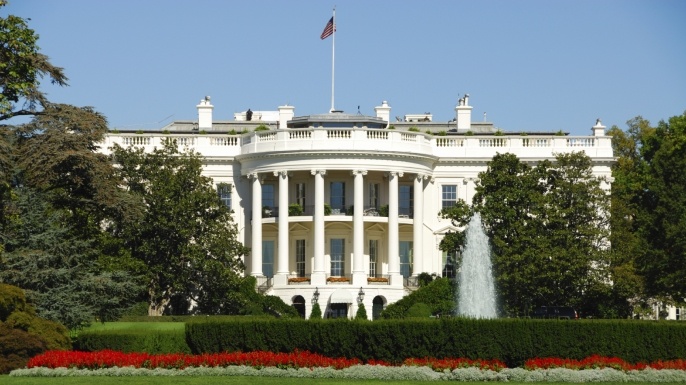
Now just a month into the Trump Administration, the new President has remained consistent with the promises he made on the campaign trail. Of note to the business community, including the advanced energy industry, President Trump has made it clear that he wants to grow the economy through unleashing the American private sector. One element of this strategy is the President’s energy agenda. President Trump’s America First Energy Plan, posted on the White House website on Inauguration Day, provides a window into this agenda. The Plan calls for boosting production of the nation’s oil and gas resources but makes no mention of the advanced energy products and services that are pumping $200 billion into the economy annually and supporting over 3 million U.S. jobs. For an “America First” approach to energy, that is a glaring omission.


